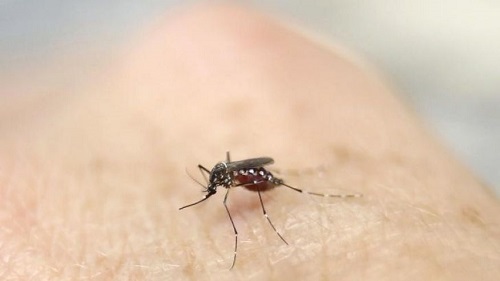How to protect yourself from Zika virus
Mosquitoes cause more human suffering than any other organism, according to the American Mosquito Control Association.
As Zika virus spreads across Latin America and the Caribbean, it’s more important than ever to know how to protect yourself.
About one in five people infected with Zika virus will develop symptoms, the most common ones being fever, rash, joint pain, conjunctivitis or red eyes, muscle pain, mild headache. Symptoms can last several days to a week.
 |
There is no specific treatment or vaccine to prevent Zika virus, so prevention is key. Because of the suspected link between Zika virus and microcephaly in newborns of mothers affected with the virus, the Centers for Disease Control and Prevention (CDC) has issued special precautions for pregnant women and women trying to become pregnant. The agency is advising these women to postpone travel to areas where Zika virus transmission is ongoing. And women who do choose to travel should talk to their doctor first and be vigilant when it comes to protecting themselves from mosquito bites.
The best way to prevent diseases spread by mosquitoes is to avoid being bitten altogether.
Here are some tips on how to do it:
• Stay in places with air conditioning or that use window and door screens to keep mosquitoes outside.
• Remove sources of standing water, which can become a breeding ground for mosquitoes.
• Remember that mosquitoes that spread Zika virus may be more likely to bite during daytime hours.
• Apply insect repellents and reapply as directed. Check with your doctor about what kinds of repellents are safe to use in pregnancy.
• Wear long-sleeved shirts and long pants and tuck your pants into your socks when outdoors.
• Wear light-colored clothing, since mosquitos are thought to be more attracted to darker colors.
• Avoid the use of scented skin care products.
• Sleep under a mosquito net.
Understanding prevention now is key, and that means taking the necessary precautions to avoid being bitten.
(Source: http://www.foxnews.com)